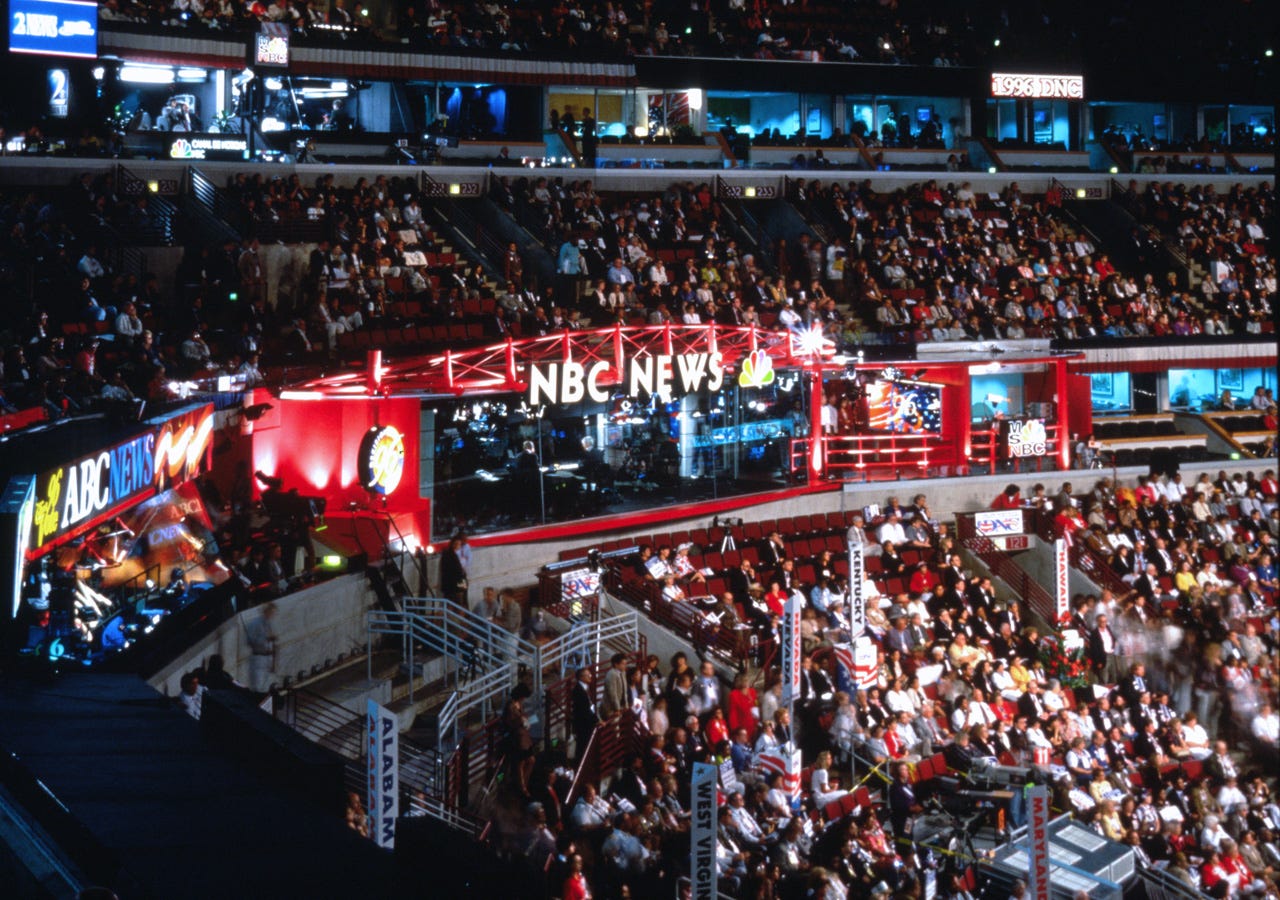The following post was prompted by the Backchannel response on medium.com that is linked below.
Jay Rosen, a journalism professor at NYU, has written a very interesting response to a piece that David Weinberger did for medium.com. Weinberger asked the question: "Who does a better interview--a pro from CNN or the crowd from Reddit?" And of course, in this context, the interviews in contention are those with politicians.
Mr. Rosen's response was to explain that, in his view, political reporting is really more than a little two sided. On the one hand is certainly the nominal intent to inform voters for the ballot choice they must make. The other, however, is what he calls the "vetting process" they've assumed responsibility for. A process that underlies not only a major aspect of why such reporting begins so soon (clearly before any voter would desire it), but also why it really isn't packaged much for voters in the first place.
His claim here is that reporters take on this vetting responsibility quite seriously, and from which one is given the impression that they derive a significant amount of professional pride from. The basis for which, naturally, comes from their not wanting to be merely compliant transceivers for the "daily message" any particular campaign strives to dish out. They strive to "scoop" out anything other than the packaged message.
What is striking here, even beyond the naked display of there being no illusions about the essential "product" nature of all aspects of campaign coverage, is that neither side seems to seriously acknowledge the fundamental, symbiotic nature, of this dance of supposed adversarial confrontation they perform.
The first question you have to ask yourself is: does this adversarial confrontation really ask, let alone answer, penetrating "vetting" questions?
Certainly the candidates stumble with message on a semi regular basis, but when you start out with prepackaged contenders, from a party controlled, list fabrication machine, how much "scooping" within such a controlled environment can we possibly expect there's going to be?
And let's not forget that, to be a player, you simply cannot rock the boat too much. Who would continue to grant you on camera face time otherwise?
This is where "coming from some objective sense of the 'center' " also comes into play. Only in this case the center is simply the arbitrary point between two parties who make great theater of what is different between them; when if fact what they have in common is a great deal more compelling.
I would like to propose that there is indeed a "vetting" process going on, but it is not one geared to any notion of competency as it relates to good governance, and individuals with the intellect, knowledge and real humility to be able to manage complex social organizations, as well as to persuade and guide the many divergent views on what is important, and how that should be addressed.
The "vetting" in this context is more of the nature of who can keep the best front up; seeming to be reasonable as they deffer, deflect, and obfuscate what they will actually do once in office. To see who can be most sincere as they play with the glowing terms, and within the resonant imagery.
What they will actually do, and how they will do it is not something any of them want to discuss openly with the public. The public isn't fit for such discussions. These must necessarily take place behind closed doors where their betters can map out what must be done. Their interests must be secondary to the interests of those who truly understand what is important about "product" and the markets that these trade in.
As you might expect, the actual audience for this vetting isn't the public at all. It is the interested parties behind the political parties. Those who can tolerate, as well as afford, all of the costs of admission that truly having a vested interest requires.

Why Campaign Coverage Makes Just Plain Citizens Unhappy
No comments:
Post a Comment